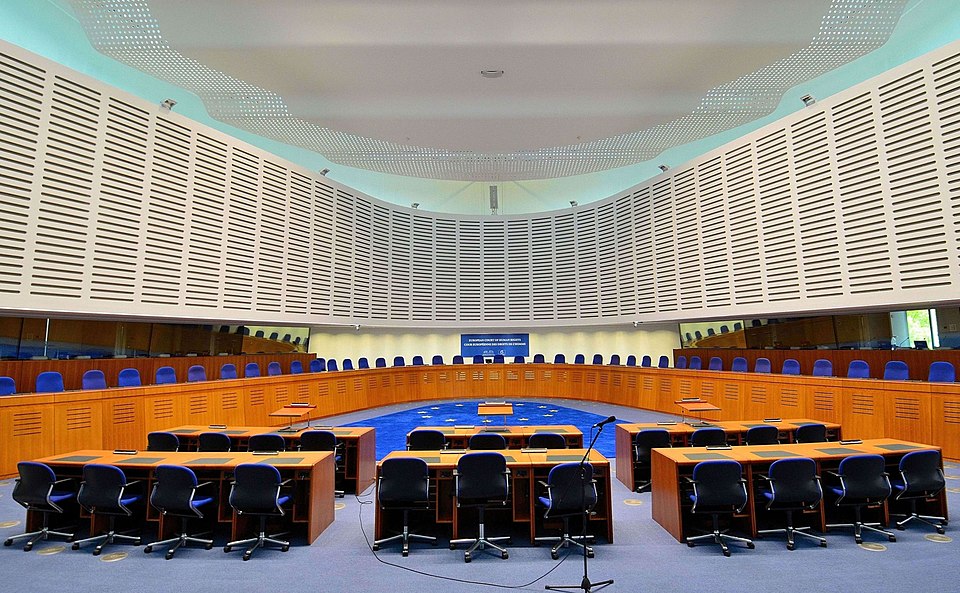
The UK government has called for changes to the European Convention on Human Rights (ECHR), arguing that the decades-old framework must adapt to today’s political and legal
challenges—especially regarding immigration and deportation policies.
Speaking on Wednesday, Justice Minister Shabana Mahmood told the Council of Europe’s Committee of Ministers that the Convention, established over 70 years ago, needs to "evolve" to stay relevant. She argued that current interpretations—particularly by the European Court of Human Rights (ECHR) in Strasbourg—have hindered the UK’s ability to deport migrants, including those convicted of serious crimes.
"This undermines public confidence in human rights altogether," Mahmood said, emphasizing the need for broader reform.
Though the UK left the European Union, it remains part of the Council of Europe and subject to ECHR rulings. Labour has pledged to clarify how domestic courts should apply the Convention but now seeks wider changes to the system itself.
"The ECHR is a landmark post-war achievement, but its longevity depends on its ability to adapt," Mahmood added.
The Council of Europe has not commented on her remarks.
Reform Momentum Grows Across Europe
The UK is not alone in its concerns. Last month, nine European countries—led by Italy and Denmark—urged the Council to make it easier to expel foreign criminals. However, Council Secretary General Alain Berset pushed back, warning that the court should not be "weaponised" by or against governments.
Facing declining public support partly due to concerns over immigration, Labour is under pressure to show it can control borders and enforce deportations. While the party remains committed to the Convention, rising support for Reform UK—led by Nigel Farage and now leading in national polls—adds political pressure. Farage has pledged to withdraw the UK from the ECHR if elected.
The opposition Conservative Party is also reviewing its stance on continued membership. Photo by Adrian Grycuk, Wikimedia commons.




































